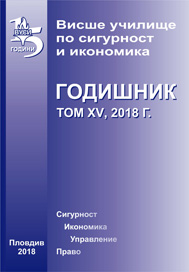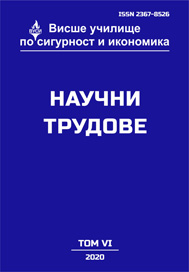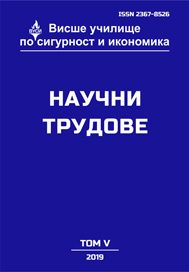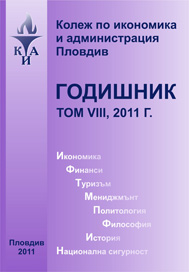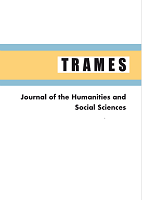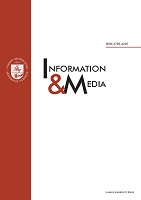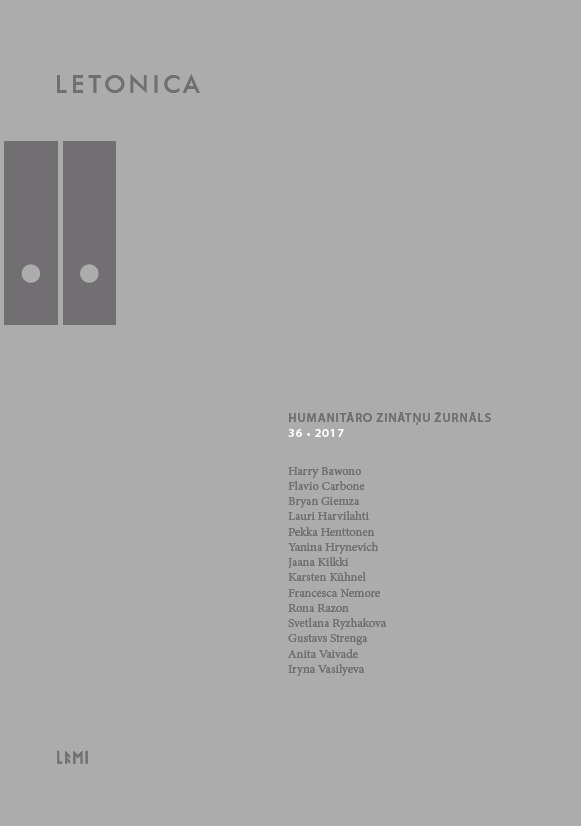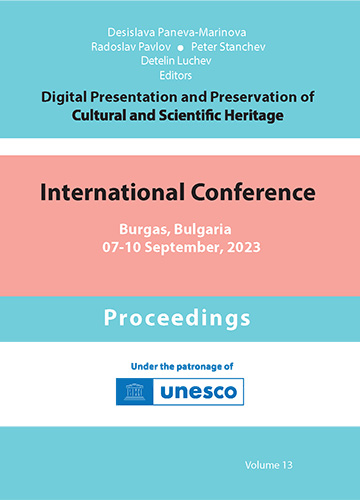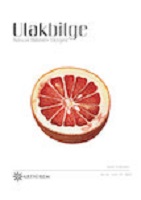
KULLANICI DENEYİMİ BAĞLAMINDA AKILLI SAAT ARAYÜZ TASARIMI
Historical data shows that the concept of time entered the life of human beings when the Egyptians discovered that the sun that rises every day BC in the 1500 ’s, performs this action at certain periods. Every moment that time, which is an abstract concept, represents concretely, appears as a clock form in the historical process. Clock is a product that measures time and was developed for informational purposes. With the effect of technology, its functionality has diversified and today it has turned into a smart form that can update itself according to the needs of the user. The research shows the diversity created by the user experience on a design through the student designs that emerged with the teaching activity titled smart watch face design, which was carried out within the scope of the information design course. In this context, it has been experienced as a result of the design practices that a smart watch's face can be personalized and an active sector awareness has been created in this regard. The students created their own answers to questions such as “Can designing a smart watch face be defined as information design? What are the differences and similarities between information design and interface design? What are the design rules in smart watch face, by experiencing the process?” and at the end of the activity, they realized the importance of user experience in the field of design.
More...
